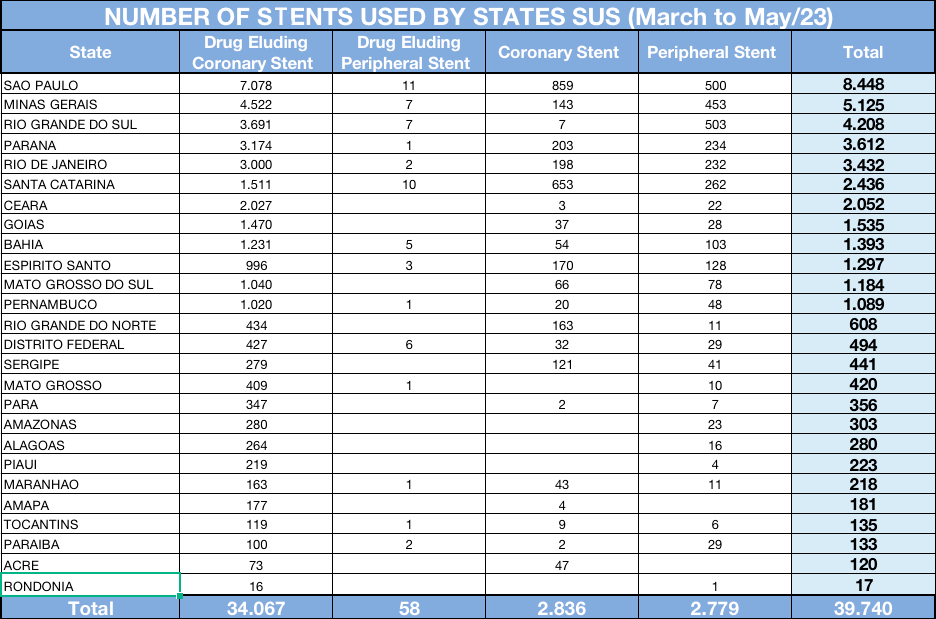“Patient safety is a collective responsibility. Health systems must work hand-in-hand with patients, families, and communities, so that patients can be informed advocates in their own care, and every person can receive the safe, dignified, and compassionate care they deserve,” said Dr Tedros Adhanom Ghebreyesus, WHO Director-General. “Because if it’s not safe, it’s not care.”
Patient safety is an ethical and moral imperative grounded in the health care principle ‘First, do no harm!’, which lies at the heart of efforts to ensure high-quality health care systems and achieve universal health coverage. Yet, an estimated one in every 10 patients experience harm in health care facilities and each year there are more than three million deaths globally due to unsafe health care.
Most of the patient harm is preventable, and the engagement of patients, families and caregivers is one of the most important strategies for reducing harm. This year’s World Patient Safety Day seeks to highlight the critical importance of listening to patients, families and caregivers, learning from their experiences, and involving them in every aspect of care, to avoid harm, lower the risk of errors and reduce the impact of harm when it does occur. This requires a shift in paradigm, from care designed for patients to care designed with patients, their families and caregivers.
“Our health systems are stronger, our work is empowered, and our care is safer when patients and families are alongside us,” said Sir Liam Donaldson, WHO Patient Safety Envoy. “The journey to eliminate avoidable harm in health care has been a long one, and the stories of courage and compassion from patients and families who have suffered harm are pivotal to driving change and learning to be even safer.”
The global conference on patient engagement for patient safety was the key event to mark World Patient Safety Day (WPSD) which will be observed on 17 September under the theme “Engaging patients for patient safety”. Meaningful involvement of patients, families and caregivers in the provision of health care, and their experiences and perspectives, can contribute to enhancing health care safety and quality, saving lives and reducing costs, and the WPSD aims to promote and accelerate better patient and family engagement in the design and delivery of safe health services.
The conference was held on 12 and 13 September at WHO headquarters in Geneva and online, with the participation of more than 2 300 people from all six WHO regions, including patient advocates and representatives of patients’ organizations, who took an active role in the development of the Patient safety rights charter, a significant step forward in the global commitment to safer health systems. Its advanced version will be released and open for public consultation as part of the activities to commemorate World Patient Safety Day 2023.
At the conference, WHO unveiled two new resources to support key stakeholders in implementing involvement of patients, families and caregivers in the provision of health care. Drawing on the power of patient stories, which is one of the most effective mechanisms for driving improvements in patient safety, a storytelling toolkit will guide patients and families through the process of sharing their experiences, especially those related to harmful events within health care. The Global Knowledge Sharing Platform, created as part of a strategic partnership with SingHealth Institute for Patient Safety and Quality Singapore, supports the exchange of global resources, best practices, tools and resources related to patient safety, acknowledging the pivotal role of knowledge sharing in advancing safety.
“Patient engagement and empowerment is at the core of the Global Patient Safety Action Plan 2021–2030. It is one of the most powerful tools to improve patient safety and the quality of care, but it remains an untapped resource in many countries, and the weakest link in the implementation of patient safety measures and strategies. With this World Patient Safety Day and the focus on patient engagement, we want to change that”, said Dr Neelam Dhingra, head of the WHO Patient Safety Flagship.
According to the interim results of the 2023 survey of WHO Member States on the implementation of the global patient safety action plan, only 13% of responding countries have a patient representative on the governing board (or an equivalent mechanism) in the majority of their hospitals. The survey also highlighted the income-based implementation gap, with good practices largely concentrated in higher-income countries.






